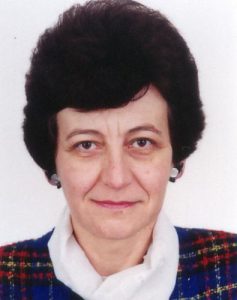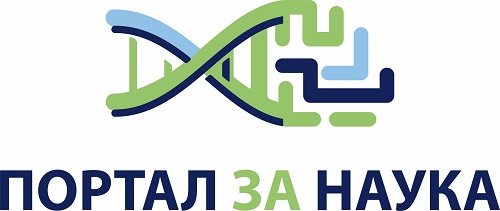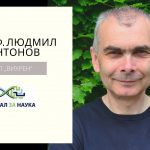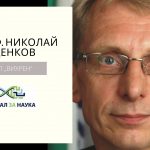Professor Pepka Boyadjieva
Pepka Boyadjieva is Professor at the Institute of Philosophy and Sociology at Bulgarian Academy of Sciences and Honorary Professor of Sociology of Education at the University of Nottingham. She is a member of the Network of Experts on the Social Aspects of Education and Training at the European Commission (NESET II, 2019-22). She has participated and has been a leader of the Bulgarians teams in more than 20 international projects. In the period 2016-2019 Boyadjieva led the Bulgarian team of the ENLIVEN (Encouraging Lifelong Learning for an Inclusive and Vibrant Europe) project, funded within Horizon 2020 programme. She is a member of the Editorial Board of International Journal of Lifelong Education, Journal of Social Science Education, Bulgarian Journal of Science and Education Policy and of the Bulgarian journal Sociological problems. Boyadjieva is an author and co-author of more than 120 articles in Bulgarian and international journals and volumes and more than 10 books, among which University and Society (1998), Social Engineering: Admission Policies in Higher Education during the Communist Regime in Bulgaria (2010), The LLL Hybrid: Policy, Institutions and Learners in Lifelong Learning in Bulgaria (2012), Gift and Cultures of Giving for Education: Theories Institutions, Individuals (2017, co-editor), Inequalities and Social (Dis)integration: In Search of Togetherness (2018, co-editor). Her research interests are in the field of sociological studies of higher education and lifelong learning with an emphasis on educational inequalities and transitions. http://orcid.org/0000-0002-0561-6942
 The name of the project is „Dynamics of inequalities in participation in higher and adult education: A comparative social justice perspective“ – JustEdu – 2020-2024, National programme “VIHREN”. You can visit the official website at https://justedu2020.eu/.
The name of the project is „Dynamics of inequalities in participation in higher and adult education: A comparative social justice perspective“ – JustEdu – 2020-2024, National programme “VIHREN”. You can visit the official website at https://justedu2020.eu/.
The aims are to provide new theoretical and evidence-based insights into the understanding of the complex character of social justice in participation in higher and adult education; the multifaceted socioeconomic and cultural factors and consequences of inequalities in higher and adult education; and the dynamics of inequalities in participation in higher and adult education in a comparative European perspective.
The theoretical framework of the project is a synthesis of ideas from capability approach (A. Sen, M. Nussbaum), theory of recognition (A. Honneth, N. Fraser) and political economy of education.
The empirical basis includes quantitative and qualitative data from large scale international comparative surveys (LFS, ESS, AES, EVS, EUROSTUDENT, PIAAC, CVTS) and from 60-80 biographical interviews with students from 8 African countries, who have completed their studies in 6 European countries.
The expected results are development of a theoretical framework for conceptualisation of social justice in and through higher and adult education; also understanding of higher and adult education as specific spheres of recognition and pathways to overcoming inequalities in redistribution, recognition and representation; creation of the first systematic (comparative and covering different years) database for measuring social inequalities in participation in higher and adult education and the factors at micro and macro level that influence them; development and testing of new methodological instruments (e.g. a complex social justice index, a recognition index) which capture different dimensions of inequalities in participation in higher and adult education and their influences on important public goods, such as impersonal and institutional trust, social justice, social engagement.
During the first year the team will include 1 leading researcher (R4), 3 senior researchers (R3) and 3 postdoc (R2). In the next years the team will be joined by 1 senior researcher (R3) and 2 PhD students.

 Previous Post
Previous Post Next Post
Next Post